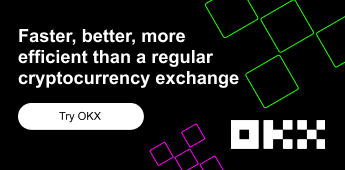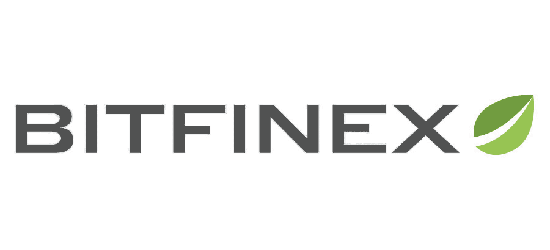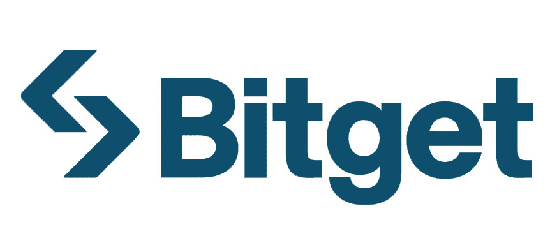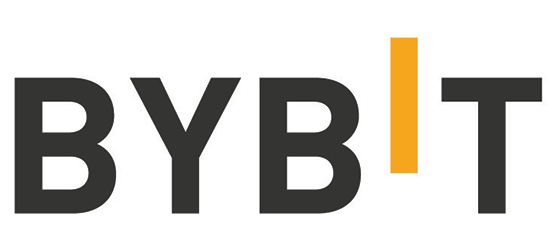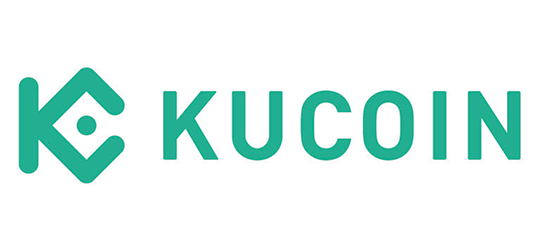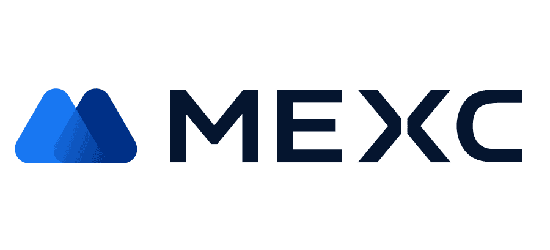Solana ETF applications fail to boost market enthusiasm
Recently, VanEck distinguished itself as the inaugural American asset manager to propose a spot Solana (SOL) exchange-traded fund (ETF), with 21Shares quickly following its lead. This development initially catalyzed a 6% uplift in SOL's price, although the overall market influence has been moderate, based on insights from blockchain analytics firm Kaiko.
Over the preceding week, SOL experienced a notable CVD increase of $29 million, buoyed significantly by considerable spot purchases on Coinbase. Nonetheless, the ETH to SOL valuation ratio has largely stabilized since a downturn in March, unswayed by the recent ETF proposals for SOL.
In the derivatives sector, the response to the ETF announcements has been notably tepid. The volume-weighted funding rate for SOL momentarily spiked on June 27 but promptly stabilized, reflecting a tepid demand from bulls. Moreover, open interest lags by 20% when compared to early June figures.
The cool response from the derivatives market towards the potential for SOL ETF approval might stem from the market's relatively modest size and existing regulatory hurdles, particularly noting SOL's involvement in several lawsuits filed by the SEC.
In parallel developments, asset management firm Hashdex submitted a request for a spot Bitcoin (BTC) and Ethereum (ETH) ETF last week. This move signifies a growing interest in hybrid digital asset ETFs.
According to Kaiko's Value at Risk (VaR) assessment, a balanced Bitcoin and Ethereum portfolio would have generated a 58% return in 2024, contrasting a 20.6% yield in 2021.
Such ETF offerings may allure conventional investors seeking returns and a more favorable risk profile inherent to a diversified BTC/ETH portfolio. Adopting a 99% confidence interval with the VaR model indicates that the BTC/ETH mix maintains an equitable risk stance, ensuring a harmonious risk-reward ratio amidst the initial quarter's bullish market.



